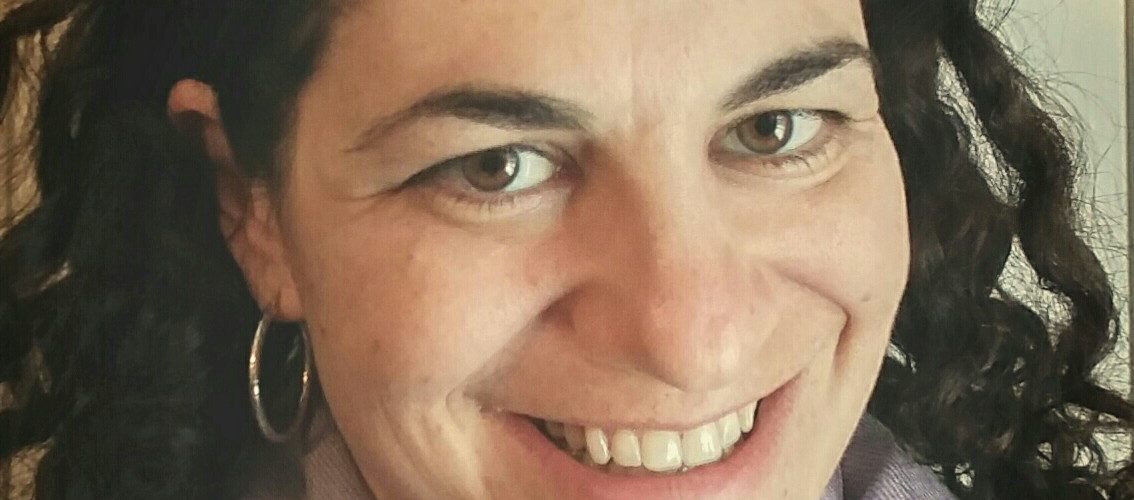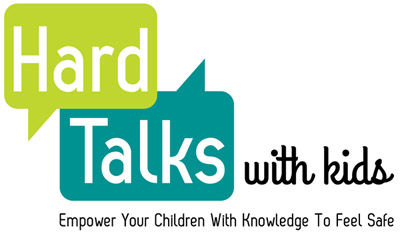

Caught in the Middle: Tips on Preventing Parental Alienation – by Shuli Sandler, Psy.D
hard talks March 22, 2017 admin 1

The process of a couple divorcing is inherently difficult and complicated. When children are involved, it increases the variables infinitely. Despite the clear conflict and discord between the two parents, there is a desire to communicate the continued love each parent has for their child. This is not always easy as it is a confusing message that the parents are separating yet the relationship with the child is eternal. On top of that, the conflicts between both parents, often obvious to the child, may make the child feel that he or she is inevitably caught between the two warring parties.
Parental alienation refers to the experience of the child being alienated from one parent. This can happen when one parent consciously defames the other parent, causing the child to sever the relationship with the defamed parent. It can also happen when a child perceives that he or she will be more positively perceived by a parent for rejecting the other one. This can be from subtle cues the child is getting from the parent, or even just the fantasy that he or she will be more accepted by rejecting the other parent. Children sometimes fear that they can get divorced from their parents, for example, if a child is too loyal to Mom, then Dad may reject him the way he did to Mom. Children may also feel guilty for still loving both parents, and may feel pressure (externally from either or both parents or internally through their own sense of conflict and loss over a failed relationship.) Being careful so their own feelings about their ex don’t “leak out” and influence the child is quite difficult. Often times what a parent may experience if they find themselves engaging in parental alienation, is as the child grows that parent may experience a backlash and hostility from the child about being kept apart from the other parent. The child may also feel resentful from being included in any emotional drama they were too young to handle. As a result, it is always best to keep a child outside of these conflicts.
Any time a family is going through a divorce, it’s ideal, if not paramount, to check- in with a therapist. An ideal situation would be for both parental parties to continue with check-in’s throughout the process of divorce to assist in co-parenting, so they can stay on the same page and use their love of their child to surpass the anger they may feel towards each other. This is particularly helpful when one or both parties move on and remarry into blended families.
Below are some tips to keep in mind if you are in the process of divorcing/or separating in dealing with your child/ren and /or ex:
- It is perfectly natural and normal to be angry and bitter as you go through this process. It is important that you have your own support to help you through all these feelings. It is confusing and dangerous to talk negatively to your child about your ex. You may cause your child harm in the short and long run from this behavior.
- If you are seeing any changes in your child’s behavior, such as an increase in anxiety, depression, seems withdrawn or quiet, problems with sleep or appetite, or anything that seems out of the ordinary, check in with your child and ask him or her about it, without making assumptions (For example, “I notice you have been nightmares the past few nights, is everything OK?” versus, “I could see you are having bad dreams, is your father making you upset?”)
- Your love of your child should always be greater than your hatred of your ex. When you make decisions about parenting and custody, think about what is in the best interest of the child. If the two of you can find a way to co-parent amicably, even with the help of a therapist, that will be helpful for the child. This is not always possible.
- Ideally the two parents can find a way to communicate about their child. Finding a way to co-parent together will be valuable for the child in the short and long term.
- If you feel the other parent is trying to alienate you from your child, try to first address it with the other parent directly in a calm and respectful way, if helpful, with a neutral party present, before taking any action. This will corroborate your suspicion without causing a misunderstanding that can lead to a full-blown explosion. Sometimes kids make vague comments that can be misunderstood easily by a parent who is sensitive.
- Never be afraid to seek help and consult with an outside, objective, and neutral party. Meeting with a therapist who has experience in these matters can be extraordinarily helpful to help getting through some of the bumps. Your child may also benefit from meeting with a therapist to help navigate the complexity of his or her feelings with this process to set him or her on course for a healthy relationship with both parents.

Tanya
March 24, 2017 #1 AuthorThank you Estee and Dr Sandler for bringing very practical steps and boundaries to help parents protect the children.